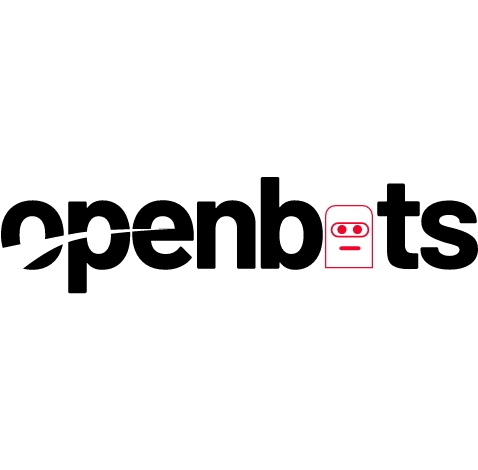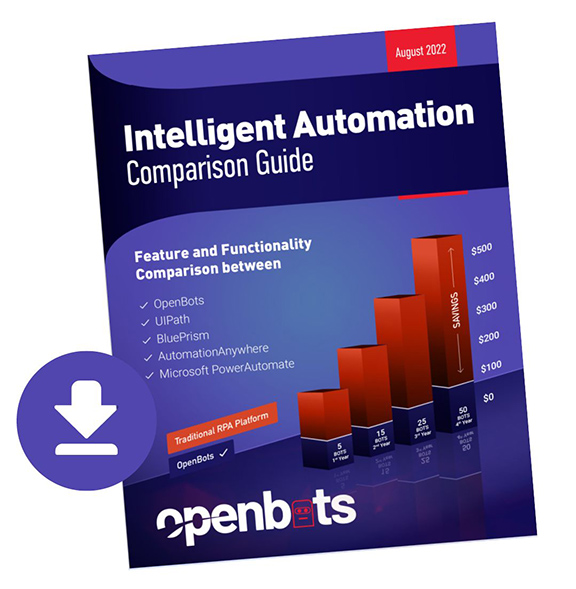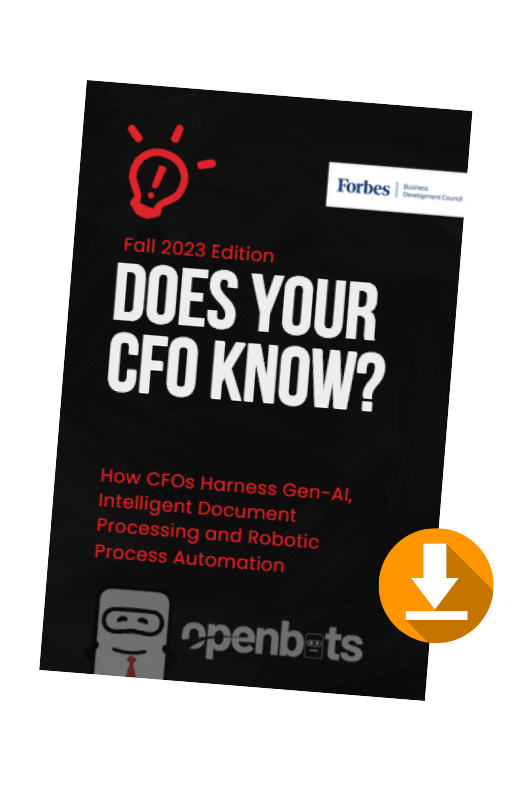RPA Business Intelligence
 by
OpenBots - May 8, 2023
by
OpenBots - May 8, 2023

About OpenBots
OpenBots is a business process automation platform that processes documents, automates tasks, creates forms, and builds end-to-end workflows. It maximizes the full potential of AI and GPT technology, and its zero-bot licensing makes it the most affordable option on the market.
Recent Posts
Related Blog Posts

The Power of Intelligent Document Processing: Unleashing Efficiency with OpenBots, AI and Beyond
In an era where data is the new currency, businesses are continuously seeking ways to extract valuable insights from the […]
Cloud Security Managed Services
Cloud security managed services refer to the outsourced management and monitoring of security measures and controls within a cloud computing […]
Cloud Automation Software
Cloud automation software helps organizations automate various tasks and processes in a cloud computing environment. It enables managing and deploying […]





